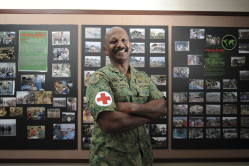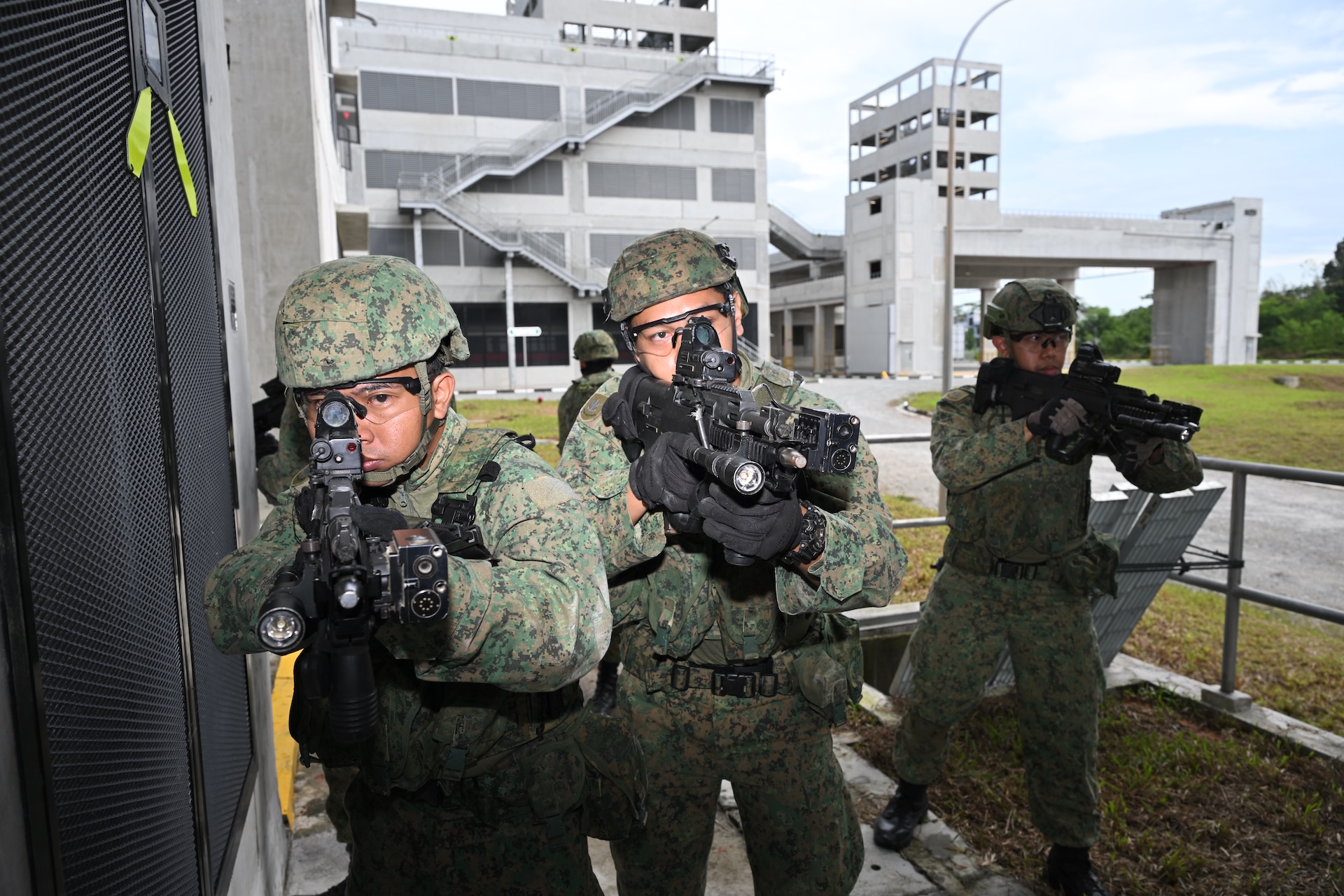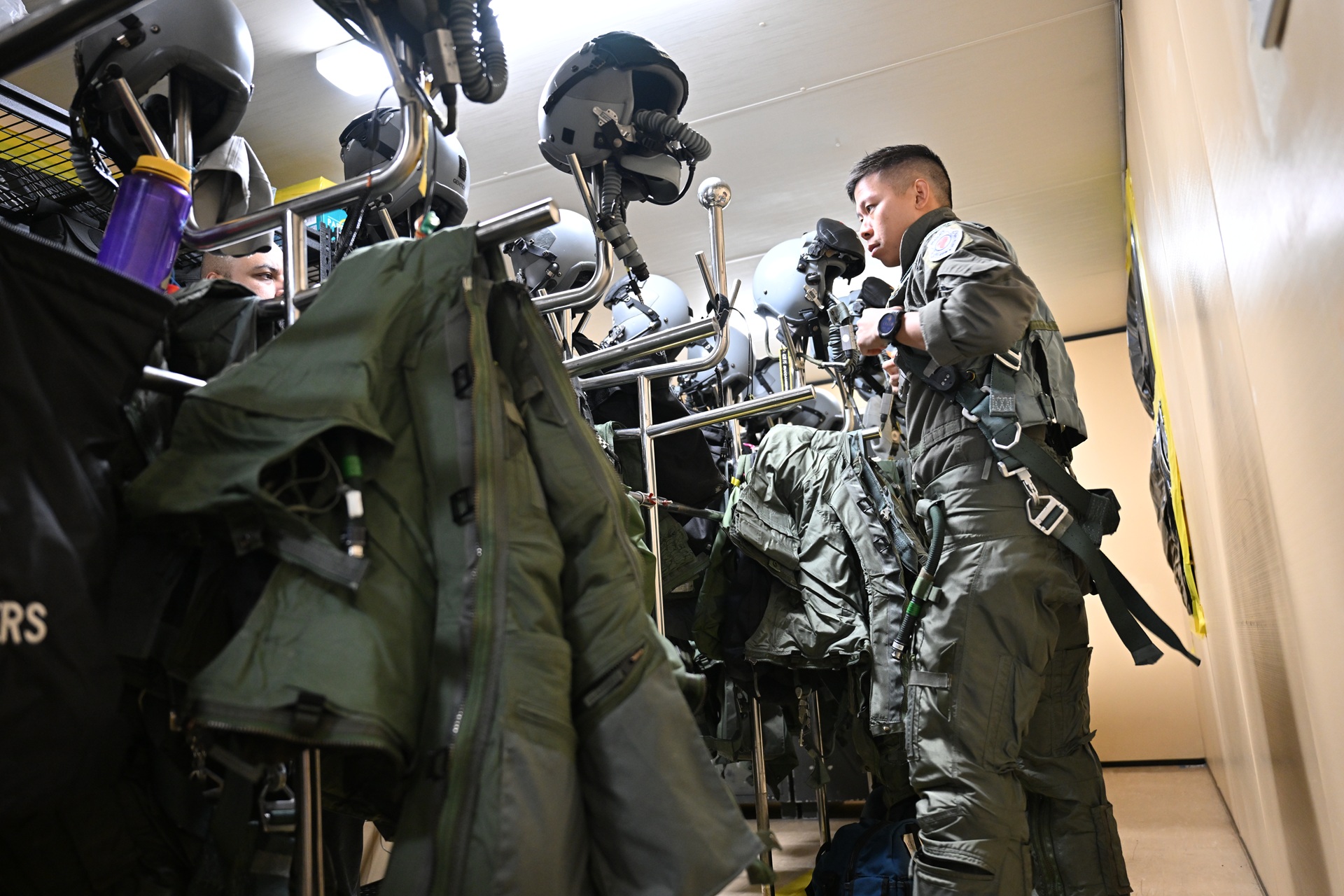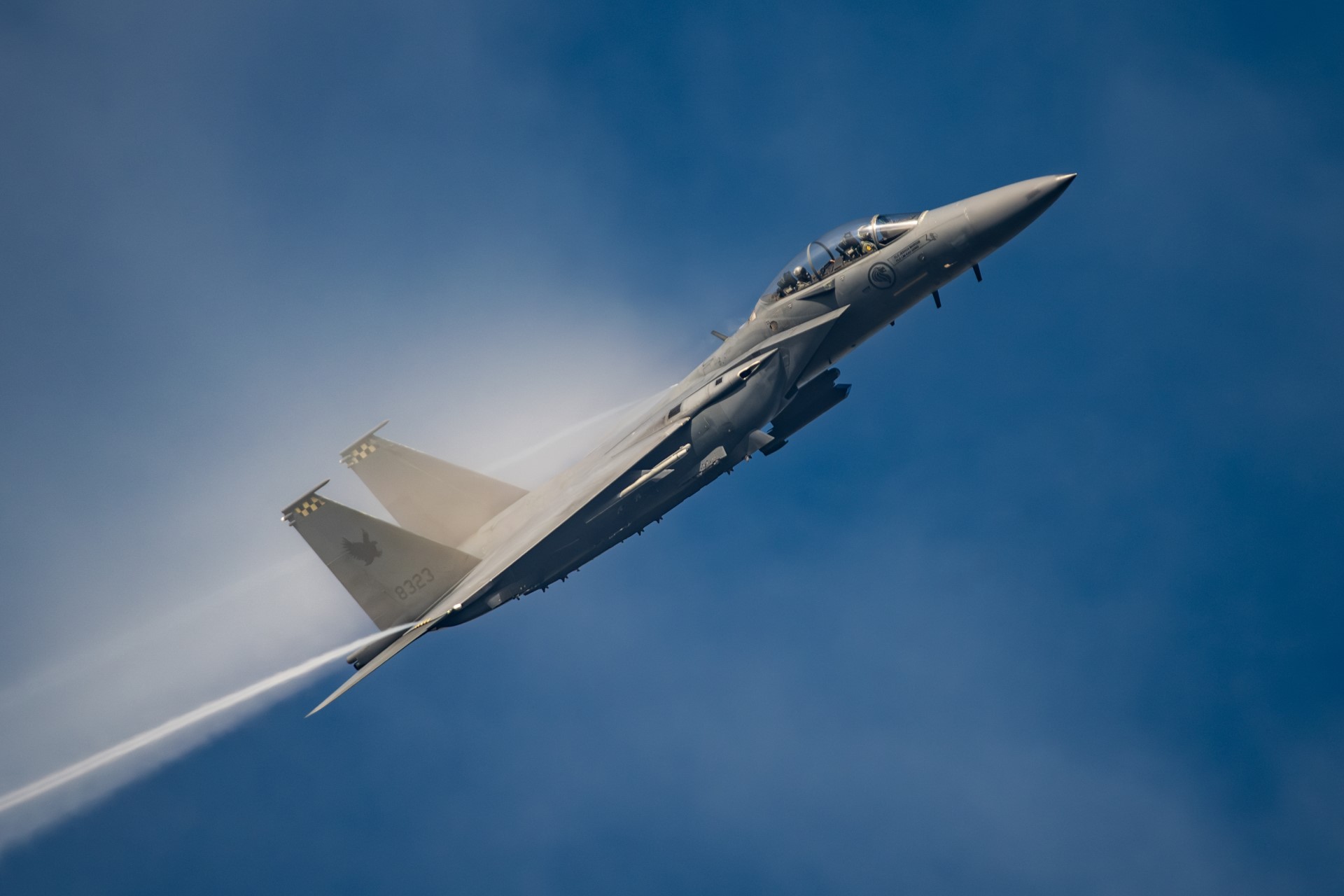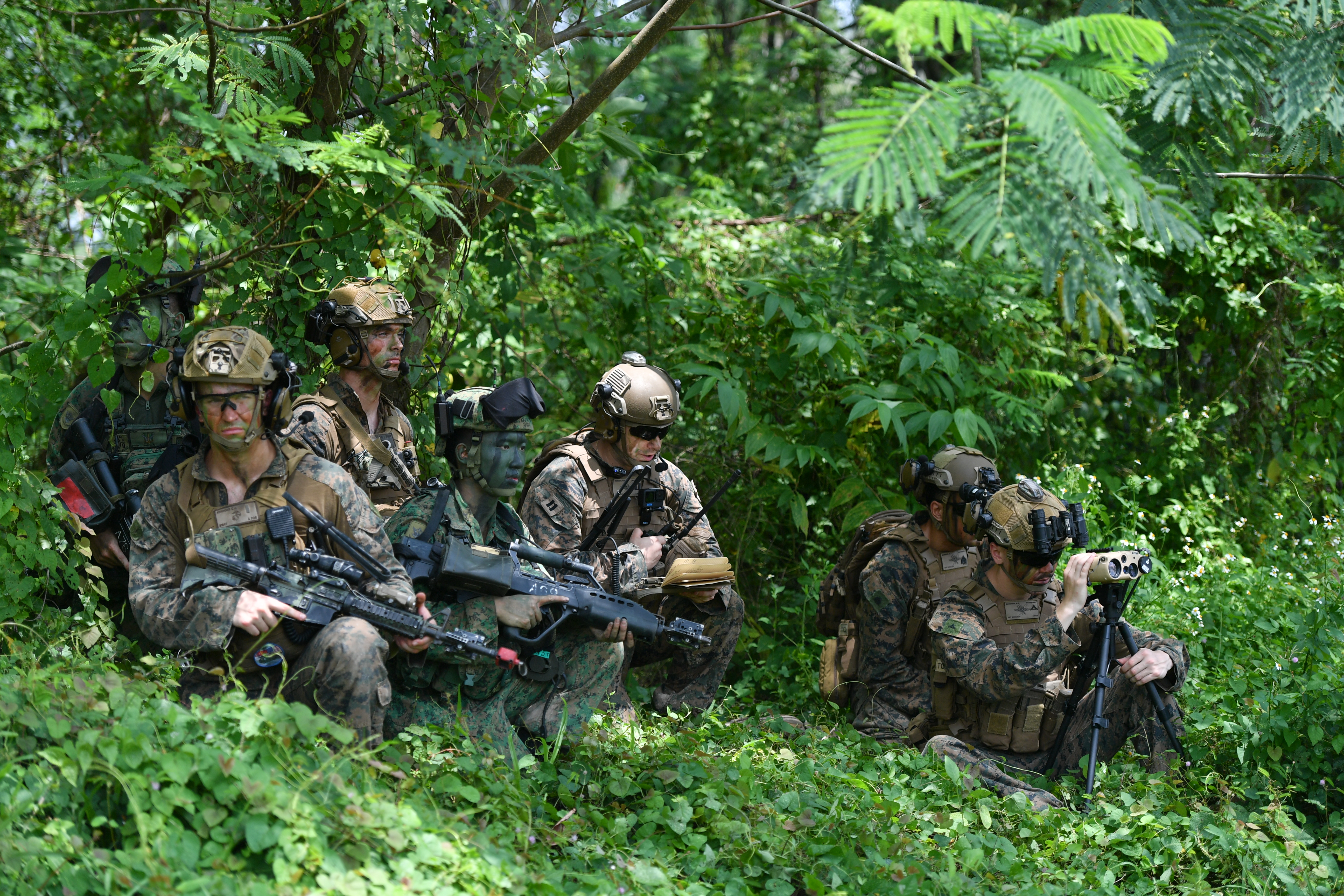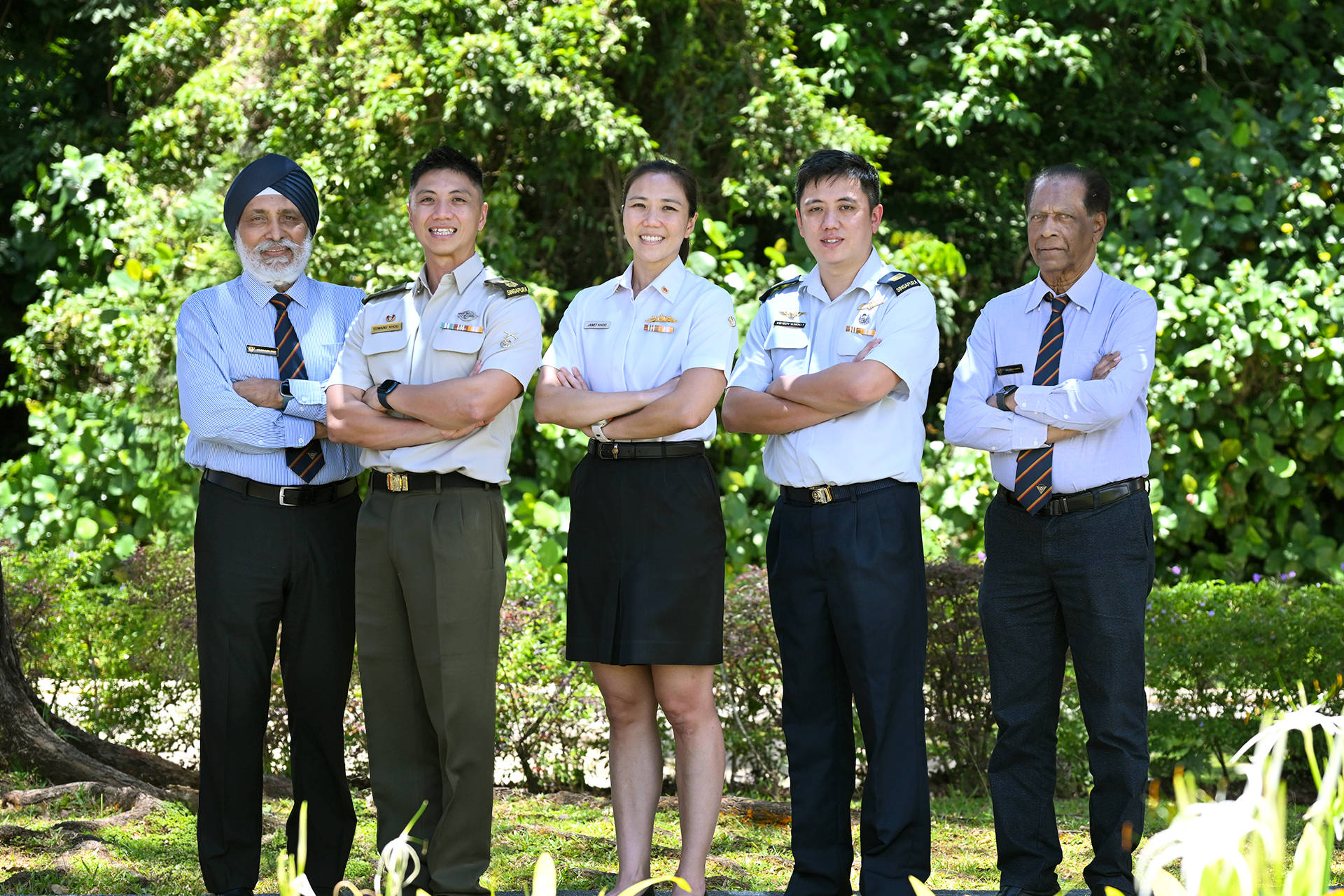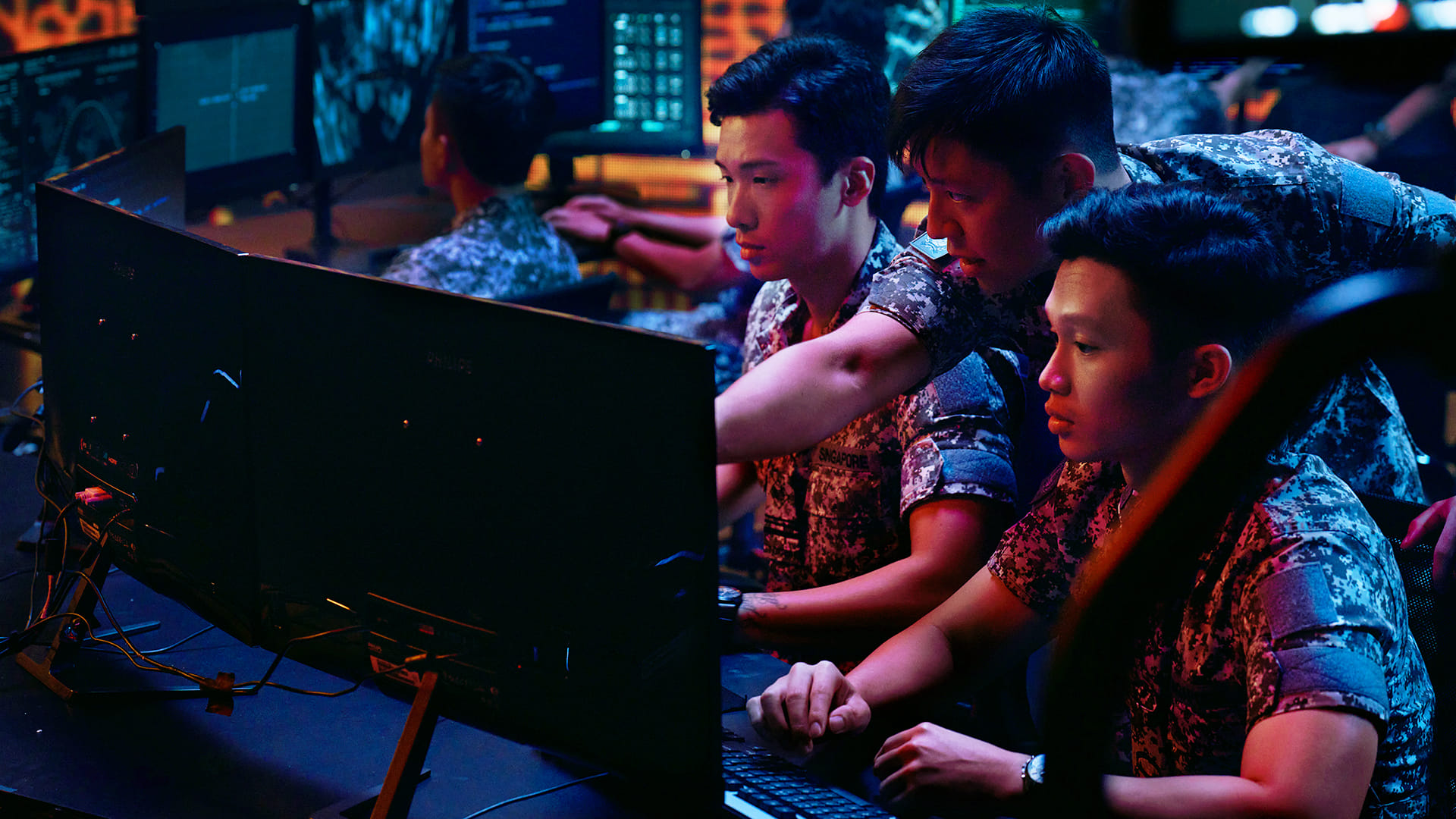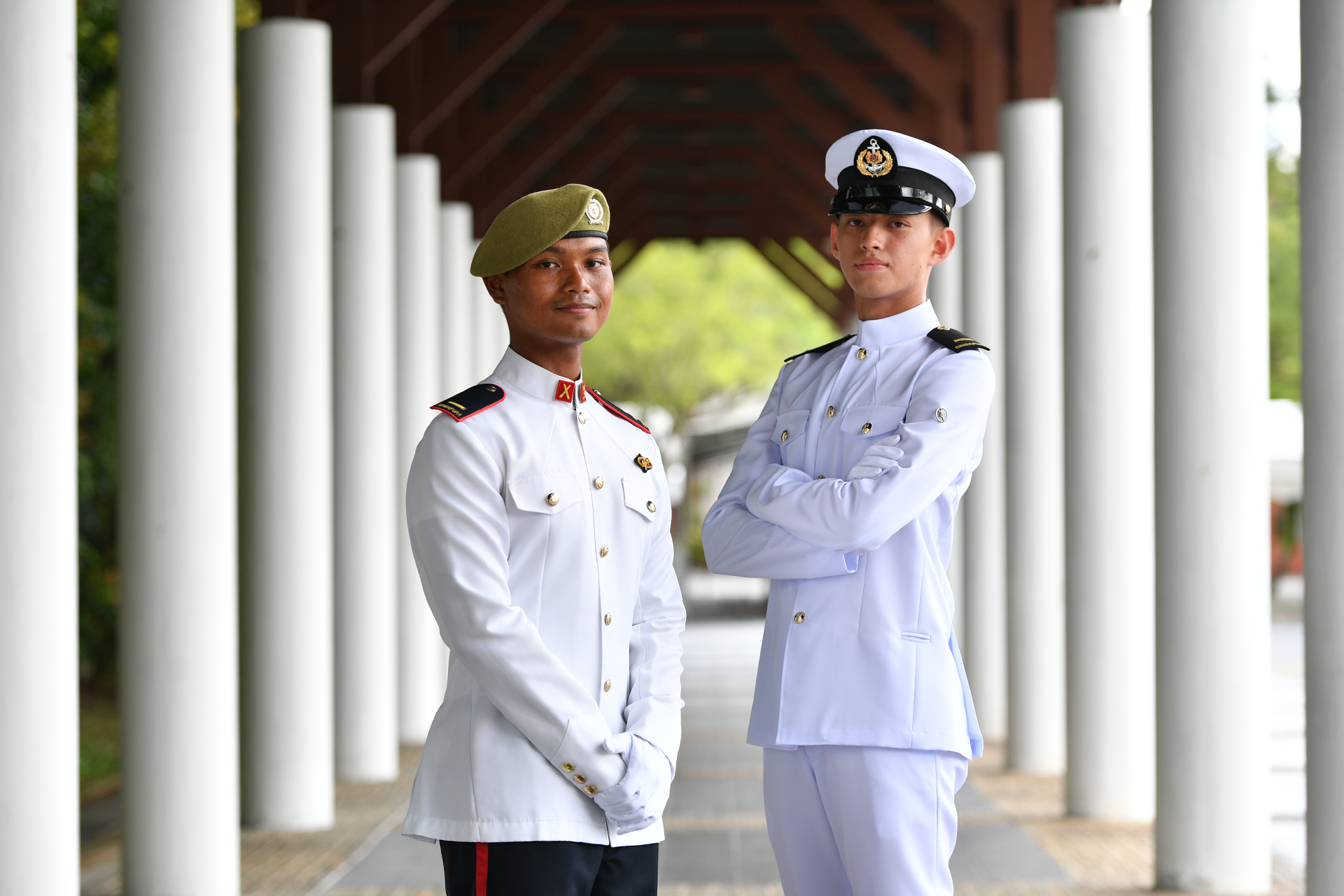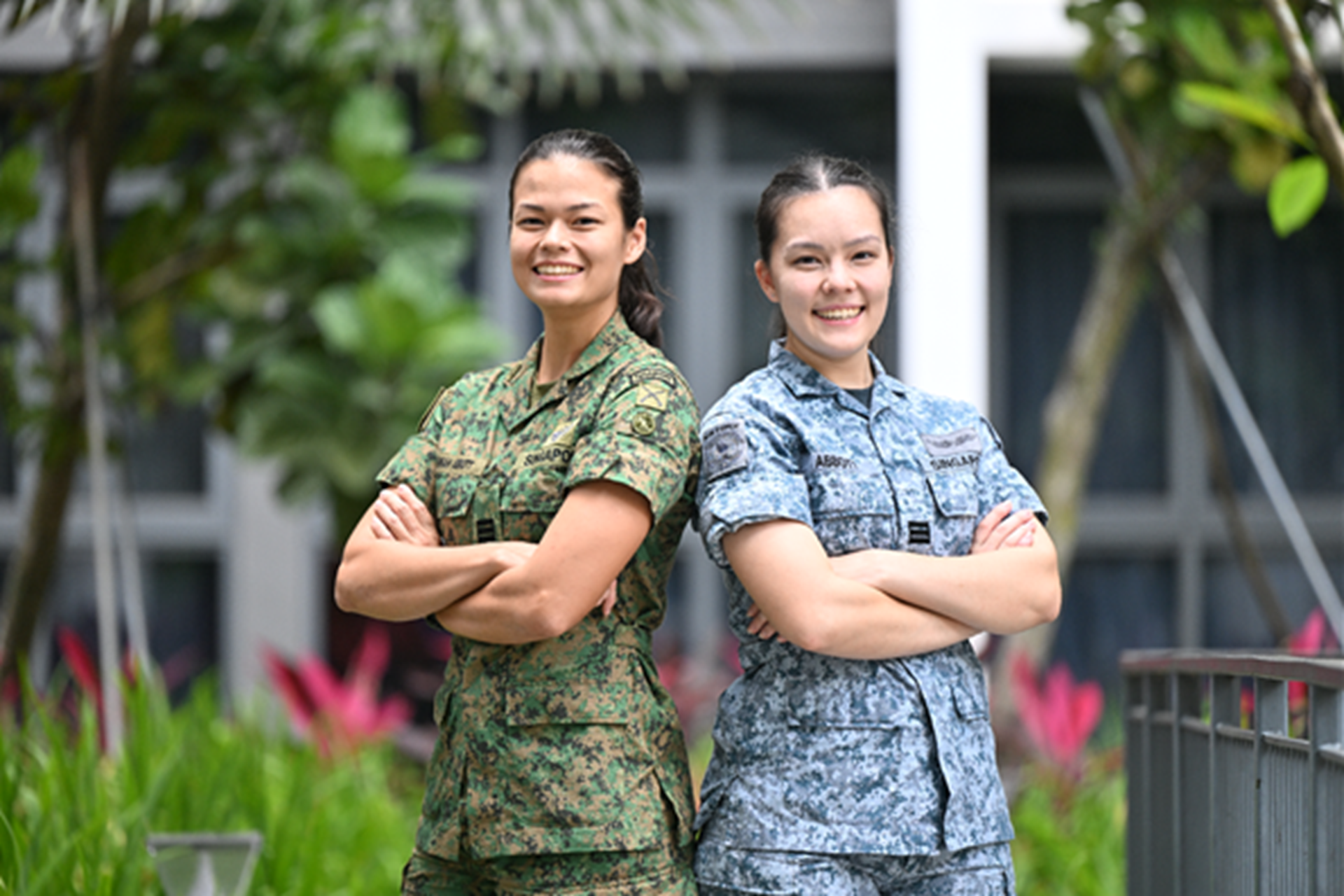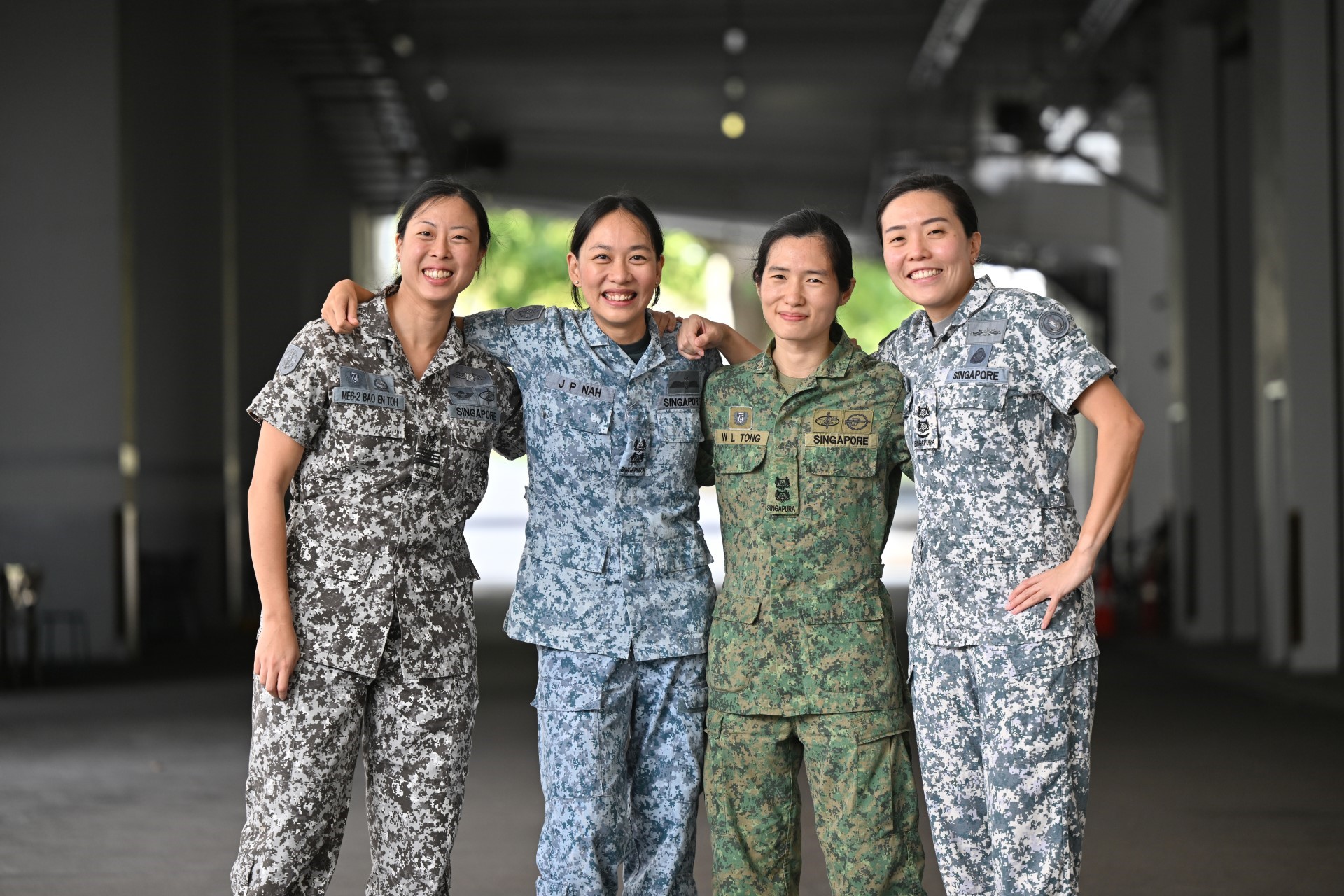MISSION-MINDED
PHOTO // Benjamin Lee, Chua Soon Lye and Courtesy of ME3 Selvaraj
When disasters strike anywhere in the world, he's just a phone call away. Meet Military Expert (ME) 3 Subramaniam Selvaraj, a member of the United Nations Disaster Assessment and Coordination (UNDAC) team.
He goes where disasters go, it seems.
Trained as a combat medic of the Singapore Armed Forces (SAF) since 1977, ME3 Selvaraj has trudged through cities inundated by floods, witnessed widespread devastation caused by a catastrophic earthquake and treated casualties in a war zone.
These are situations which not many Singaporeans get to experience, fortunately.
In 2010, ME3 Selvaraj became the first military expert from the SAF to attend the UNDAC course, and subsequently became part of the UNDAC team.
Comprising a standby team of disaster management professionals nominated by member governments and humanitarian agencies, the team can be deployed to disaster-stricken countries within hours to coordinate international relief.
Paving the way
Getting selected for the course was in itself an achievement, ME3 Selvaraj said, as his predecessors include Chief of SAF Medical Corps Brigadier-General (BG) (Dr) Benjamin Seet and Chief Army Medical Officer Colonel (Dr) Chua Wei Chong, as well as other trained doctors.
What made him stand out as the candidate of choice for the course was his wealth of experience in overseas missions.
He was deployed to the Philippines and Indonesia in 1990 and 2006 respectively to provide humanitarian assistance and disaster relief after earthquakes hit the two countries. He served as humanitarian medical cover for coalition forces in Saudi Arabia during the Gulf war in 1991, and later in Afghanistan in 2009.
He was also part of a peacekeeping mission in Timor Leste in 2001.
"BG Seet said he wanted the MEs to be recognised as subject matter experts, and as I had been exposed to quite a number of missions, he recommended me for the UNDAC course.
"Going for the course was my opportunity to do something for the younger generation. Hopefully after me, there will be more MEs accepted into the course to be trained to do more," said ME3 Selvaraj.
The three-week UNDAC course is held twice a year, in different countries each time. ME3 Selvaraj attended one of last year's courses, which was held in Singapore in April.
ME3 Selvaraj receiving the Overseas Service Medal from Deputy Prime Minister and Minister for Defence Teo Chee Hean on 17 Jan, for his contributions in flood relief efforts in Pakistan.
Putting knowledge to use
Elaborating on what the course covered, ME3 Selvaraj said: "It taught me how to coordinate disaster relief operations within 48 hours of a disaster occurring. It also covered topics on how to liaise with other international agencies such as the World Food Organisation and the World Health Organisation on the kind of aid to deliver to the disaster zone."
He added: "It was intense, because after learning the theoretical aspects, there were simulation exercises to test how you get a team together when a disaster hits.
"They also threw in scenarios such as problems at immigration when you try to enter a disaster-hit country, and I learnt a lot about how to prepare for such stressful situations."
ME3 Selvaraj was quickly put through the paces when he was activated for flood relief operations in Pakistan last August, just three months after completing the course.
"In Pakistan, I encountered immigration difficulties that were similar to the scenarios we talked through during the UNDAC course. This was something I had already anticipated, so I managed to clear immigration and get to the disaster area faster than the rest of the team members."
Part of ME3 Selvaraj s training in Afghanistan involved treating simulated casualties to prepare him for emergencies.
Pushing boundaries
Every mission he participated in has been a learning opportunity, said ME3 Selvaraj.
"My experience working with the American, British, French and Scandinavian troops as part of coalition forces in the Gulf war showed me that we don't work in a vacuum; we need to gain knowledge from others so that we can contribute towards international efforts.
"Being deployed to high-threat countries made me want to better prepare myself to work in such stressful environments. After coming back from the deployment, I did courses such as guards conversion, rappelling instructor, airborne, and underwater medicine."
Even with six overseas missions under his belt at the age of 55, ME3 Selvaraj is not resting on his laurels and definitely does not plan to slow down in life.
With his conversion to the Military Domain Experts Scheme (MDES), he is able to work till the age of 60, and is now the Officer Commanding of the Emergency Medical Technician course in the SAF Medical Training Institute.
"The five-year extension just gives me more time to carry on doing something I love, and more opportunities to push myself further and gain more knowledge in this field."
Now, he has his sights set on imparting his skills and knowledge to others: "I want to share my experiences with the younger medics and train them well, because the better they are trained, the more help others will get."
When asked what ranks No. 1 on his wish list before he retires, he said: "I always tell my bosses that I live for missions.
"I want to go for more missions, because whatever I train for, I want to be able to use it."
"I want to share my experiences with the younger medics and train them well, because the better they are trained, the more help others will get."
- ME3 Selvaraj
